solvent compatibility ptfe 0.22 micron filter for chemicals solvent compatibility ptfe 0.22 micron filter for chemicals 13mm PTFE Hydrophobic Syringe Filter 0.22um with Outer Ring
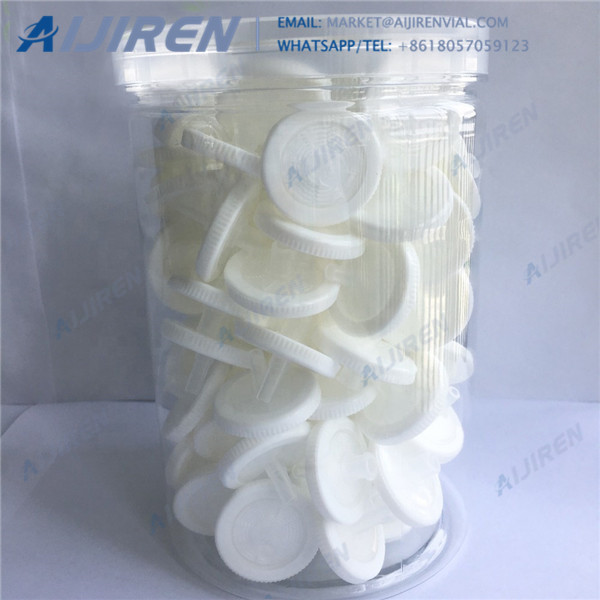
solvent compatibility ptfe 0.22 micron filter for chemicals solvent compatibility ptfe 0.22 micron filter for chemicals 13mm PTFE Hydrophobic Syringe Filter 0.22um with Outer Ring
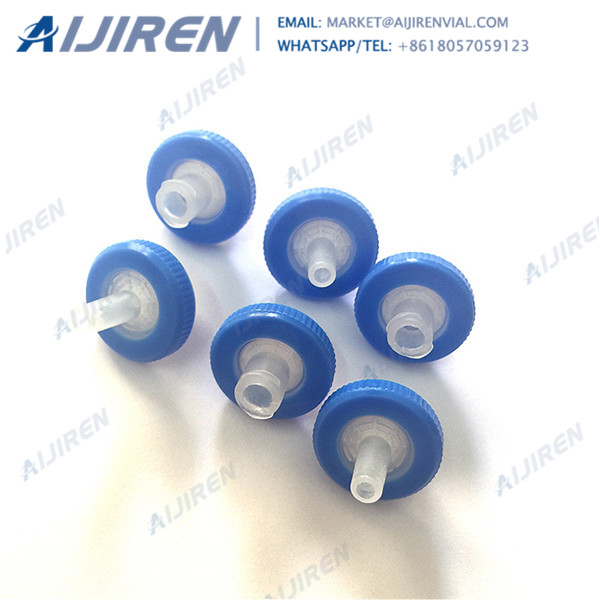
Aug 7, 2018 · A depth filter, glass microfiber is made from 100% borosilicate glass, highly inert, and often used as a prefilter. It’s resistant to temperatures up to 500°C and a very wide range of solvents. When should I use it? DO USE: with most of common solvents, including aqueous and organic, strong acids and bases.
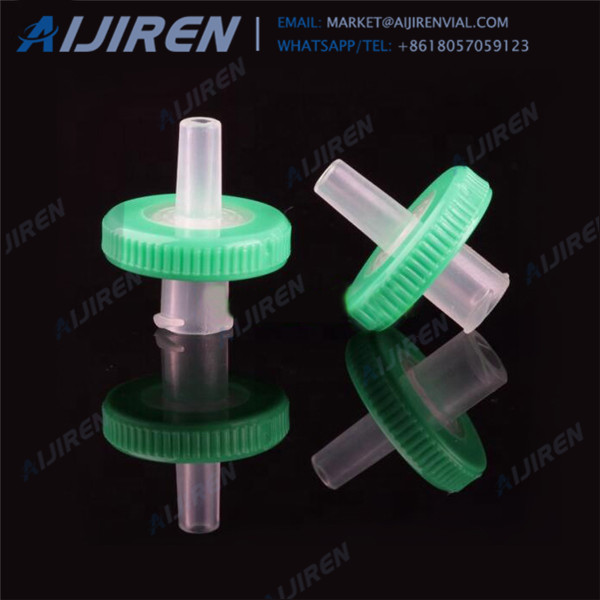
Description. Pall Ultipor® N66 sterilizing-grade filter cartridges feature high-strength pure Nylon 6,6 membranes for higher sterility assurance. In wide use for almost 20 years, these filters have a proven record of performance in the production of sterile biologicals and pharmaceuticals. High-area pleated into single open-ended (SOE) AB
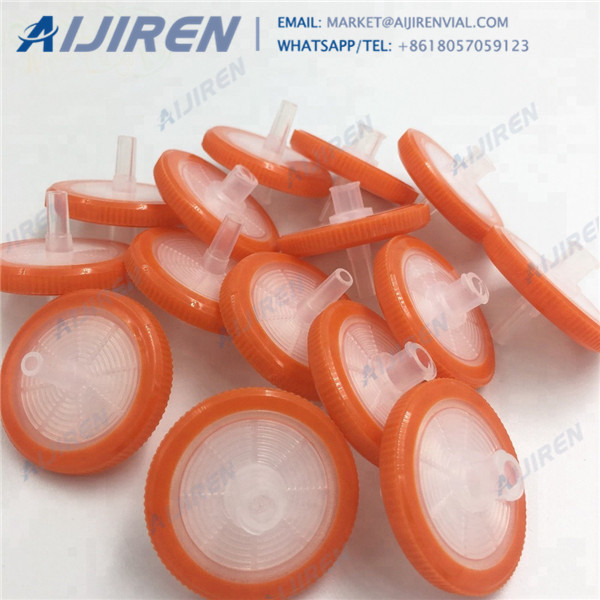
This 0.2 micron standard grade 2.7" x 30" filter cartridge with expanded PTFE membrane and a flat end cap offers high purity filtration. These polytetrafluoroethylene (PTFE) membrane cartridge provides superior chemical resistance for a range of applications. They also feature an encapsulated silicone O-ring gasket.
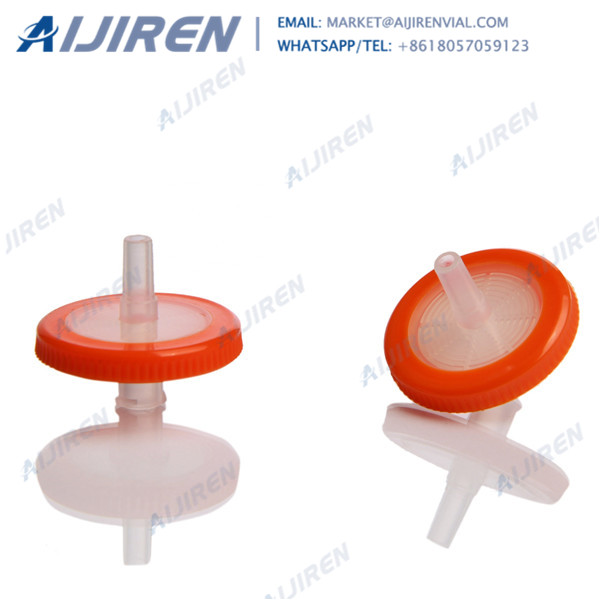
PTFE will not absorb moisture that can cause premature reduction of air flow. Whilst the PTFE membrane acts as an excellent hydrophobic barrier in venting applications, these filters may also be used for the filtration of low surface tension liquids such as harsh organic solvents.
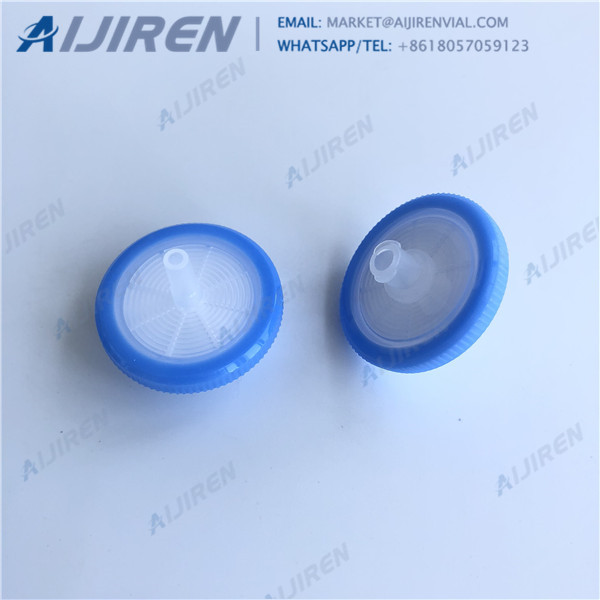
USA 0.22 um PTFE syringe filter for solvents Hydrophobic PTFE syringe filters have broad chemical compatibility and high pH resistance. These are versatile filters for use with aggressive organic solvent-based solutions and are especially ideal for HPLC sample preparation.
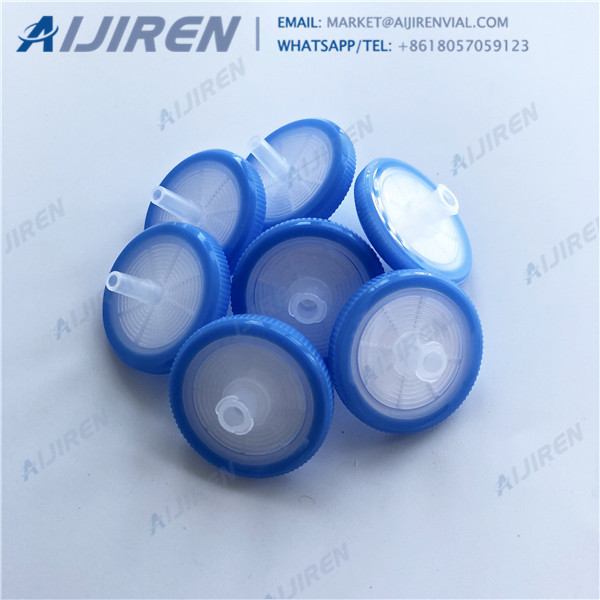
Ec21 ptfe 0.22 micron filter for solvent prefiltration-Voa Laboratory filter membranes, also known as cut disc membranes, are used in conjunction with filter holders and other har +8618057059123 Email: market@aijirenvial.com Send Inquiry Get Price Teflon PTFE Chemical Compatibility Reference Chart

Ultradyne ® absolute-rated polytetrafluoroethylene (PTFE) membrane filters offer the highest level of assurance of chemical compatibility and filtration performance in aggressive chemicals, prolonged hot air service and other severe process conditions. Ultradyne ® filters’ PTFE membrane delivers superior flow rates and long service life.
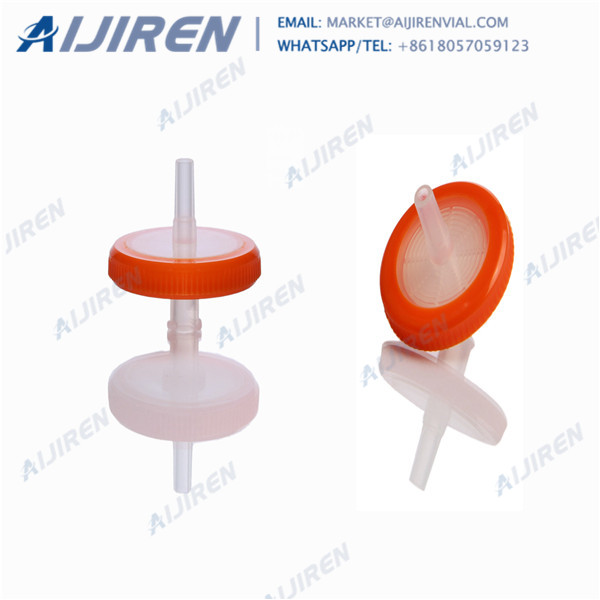
This 13 mm syringe filter with a Hydrophilic PTFE membrane, for non-sterile filtration, has a 0.2 µm pore size used in clarification of aqueous & mild organic solutions for ion chromatography. Disposable syringe-operated filter units certified for ion chromatography sample. Compare this item.
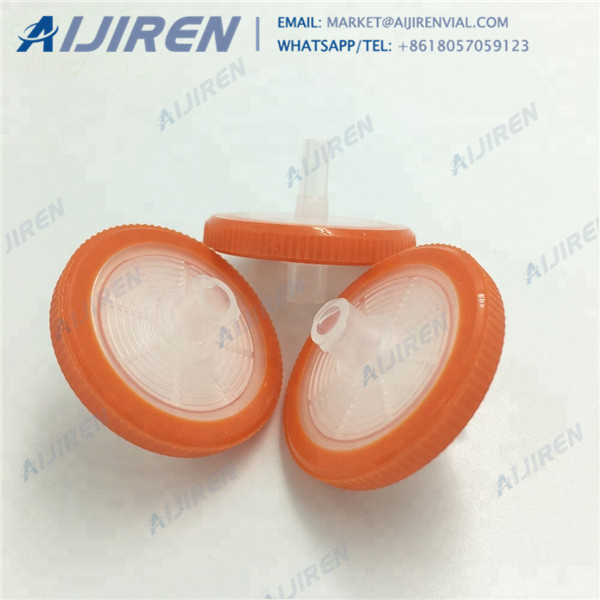
integrity for syringe filters was tested by bubble point. This chart is intended only as a guide. Accuracy cannot be guaranteed. Users should verify chemical compatibility with a specific filter under actual use conditions. Because chemical compatibility is affected by many variables (including temperature,
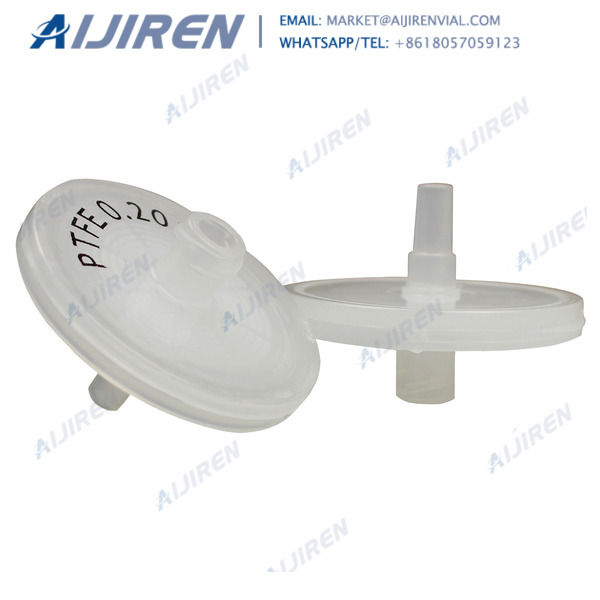
o 0.20 to 0.22 µm: filter sterilization and ultracleaning of aqueous solutions and organic solvents (e.g., HPLC) 0.45 µm: clarification of aqueous solutions and organic solvents 0.8 µm: coarse particulate removal and removal of bacteria 100 µm: removal of sand, activated carbon, bead resins

Ideal for use with reactive and corrosive chemicals. The melting point of PTFE 1 is 600°K (327°C / 620°F) Low temperature: maintains high strength, toughness and self-lubrication as low as 5°K (-268°C /-450°F) and good flexibility at 194°K (-79°C / -110°F) NOT compatible with certain alkali metals and fluorinating agents such as xenon
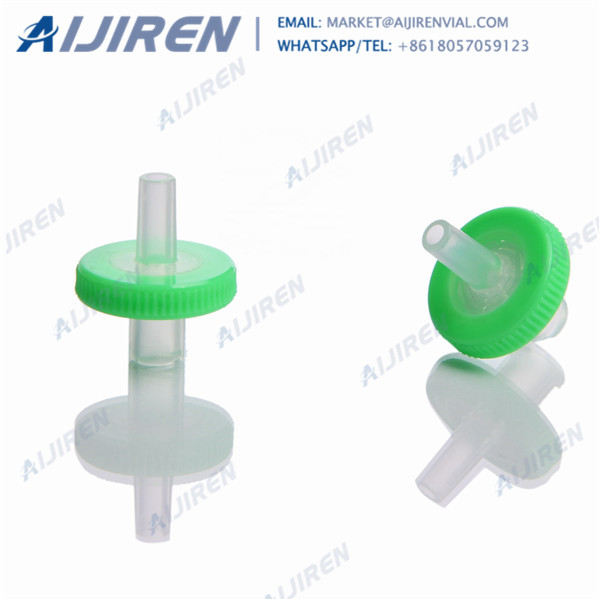
MS ® PTFE Syringe Filters are Broad chemical compatibility , strong chemical stability and inertia ,strong hydrophobicity , suitable for HPLC filtration. We incorporate a variety of membranes to offer separation and purification solutions for the majority of your laboratory needs.
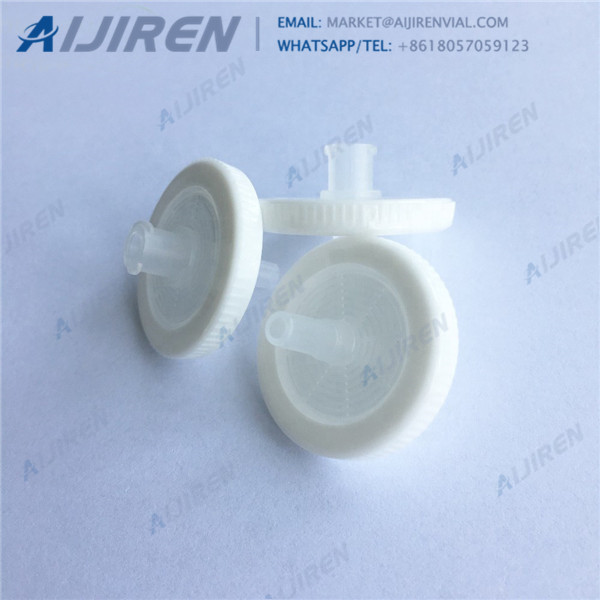
Syringe filters are single-use, membrane-based devices used for the removal of particulate impurities from liquid and gas samples prior to analysis by methods such as HPLC, ion chromatography, gas chromatography, ICP, and dissolution testing. Proper filtration of samples improves the quality and consistency of analytical results and decreases
